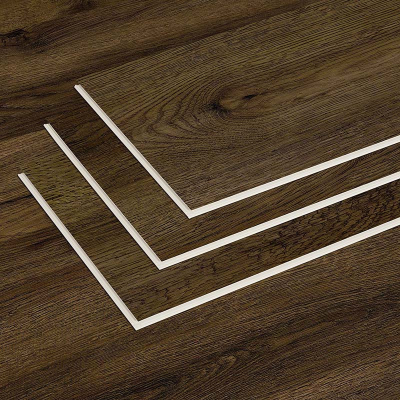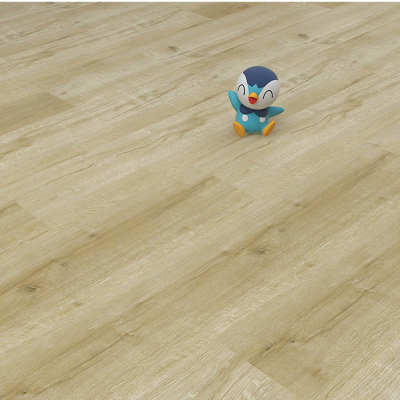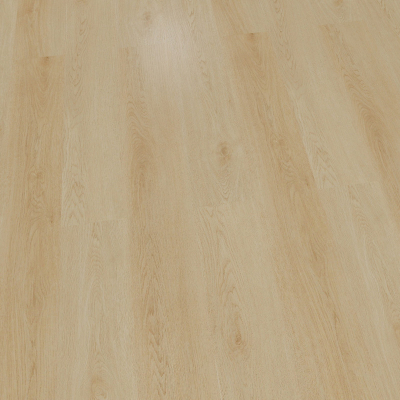Engineered Wood Flooring: Pros, Cons & Smart Fixes | FLOORMAKER
As homeowners increasingly seek versatile and sustainable flooring options, engineered wood has emerged as a popular alternative to traditional hardwood. FLOORMAKER, a pioneer in innovative flooring solutions, today released an expert-backed analysis of engineered wood flooring, outlining its advantages, limitations, and how to maximize its performance for lasting beauty.
Why Engineered Wood Flooring?
Engineered wood flooring, composed of a real wood veneer atop a layered plywood or high-density fiberboard core, offers a balance of aesthetics and practicality. “It’s a go-to choice for modern living,” says [SHENXU], FLOORMAKER’s Chief Design Officer. “But like any material, understanding its pros and cons ensures informed decisions.”
Pros of Engineered Wood Flooring
Enhanced Stability
Engineered wood’s cross-layered construction minimizes warping caused by humidity or temperature fluctuations, making it ideal for basements, kitchens, and regions with climate variability. FLOORMAKER’s HydroShield® technology further boosts moisture resistance.
Eco-Friendly Appeal
By using less solid wood than traditional hardwood, engineered flooring supports sustainable forestry. FLOORMAKER sources FSC-certified materials and employs low-VOC adhesives, aligning with green building standards.
Easy Installation
Many engineered wood planks feature click-lock systems, enabling DIY-friendly floating installations. FLOORMAKER’s QuickFit® collection reduces labor costs and renovation time.
Design Versatility
Available in varied finishes, plank widths, and wood species (e.g., oak, walnut, maple), engineered floors mimic the look of solid hardwood. FLOORMAKER’s curated designs include hand-scraped textures and matte finishes for contemporary or rustic interiors.
Cost-Effective
Generally more affordable than solid hardwood, engineered wood delivers high-end aesthetics at a lower price point.
Cons of Engineered Wood Flooring
Limited Refinishing Potential
The thin top layer (typically 2–6mm) allows only 1–3 refinishes over its lifespan. FLOORMAKER addresses this with ultra-durable 7mm veneers in its LuxeCoat™ line, extending refinishing cycles.
Quality Variances
Lower-cost options may use subpar cores or adhesives, leading to delamination. FLOORMAKER guarantees 25-year structural warranties on its engineered floors, emphasizing premium plywood cores.
Not Entirely Waterproof
While moisture-resistant, prolonged exposure to water can damage seams. FLOORMAKER advises pairing its floors with waterproof underlays and prompt spill cleanup.
Perceived Value
Some buyers associate engineered wood with lower prestige than solid hardwood. However, FLOORMAKER’s designer collaborations and luxury finishes are shifting this perception.
FLOORMAKER’s Expert Recommendations
To Mitigate Drawbacks, the Brand Suggests:
1. Opting for thicker wear layers (4mm+) for longevity.
2. Using area rugs in high-traffic zones to reduce surface scratches.
3. Choosing factory-finished products with aluminum oxide coatings for scratch resistance.
4. Scheduling professional installation for complex layouts or gluedown methods.
The Future of Engineered Flooring
“Innovation is key,” notes [SHENXU], FLOORMAKER’s CEO. “We’re developing hybrid floors that merge engineered wood’s stability with waterproof cores, catering to today’s active households.”
About FLOORMAKER
With over 10 years of expertise, FLOORMAKER redefines flooring through engineered wood collections that marry sustainability, style, and resilience. Their products are trusted in residential and commercial projects worldwide, backed by industry-leading warranties and eco-conscious practices.







